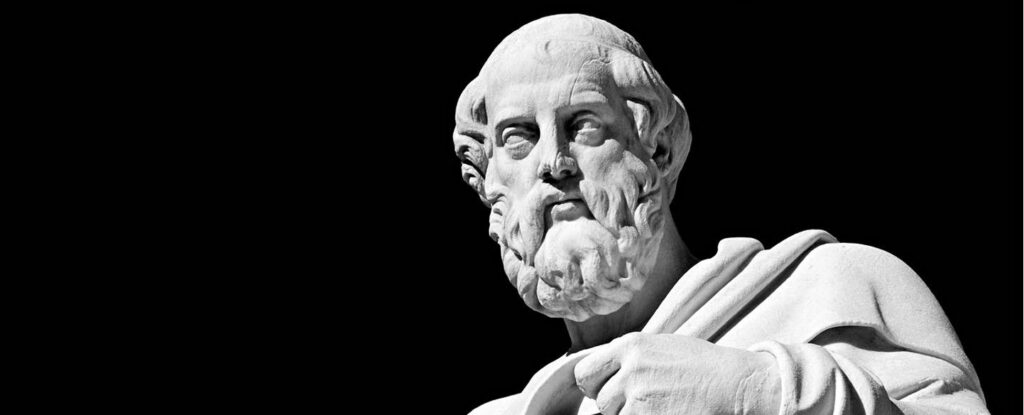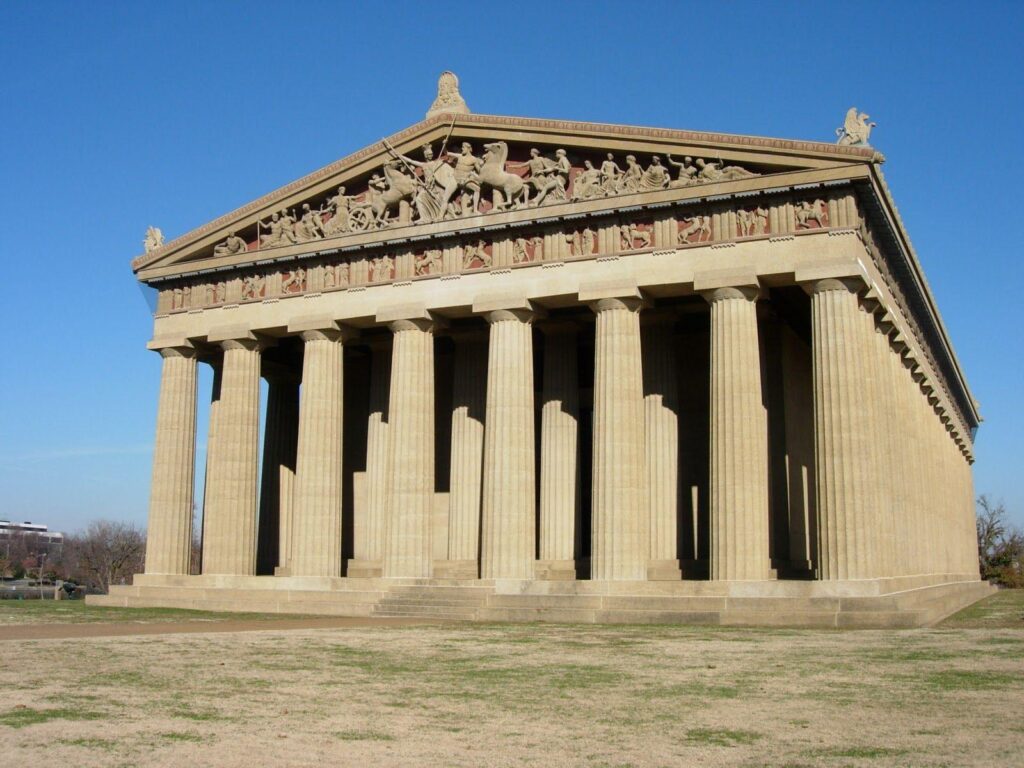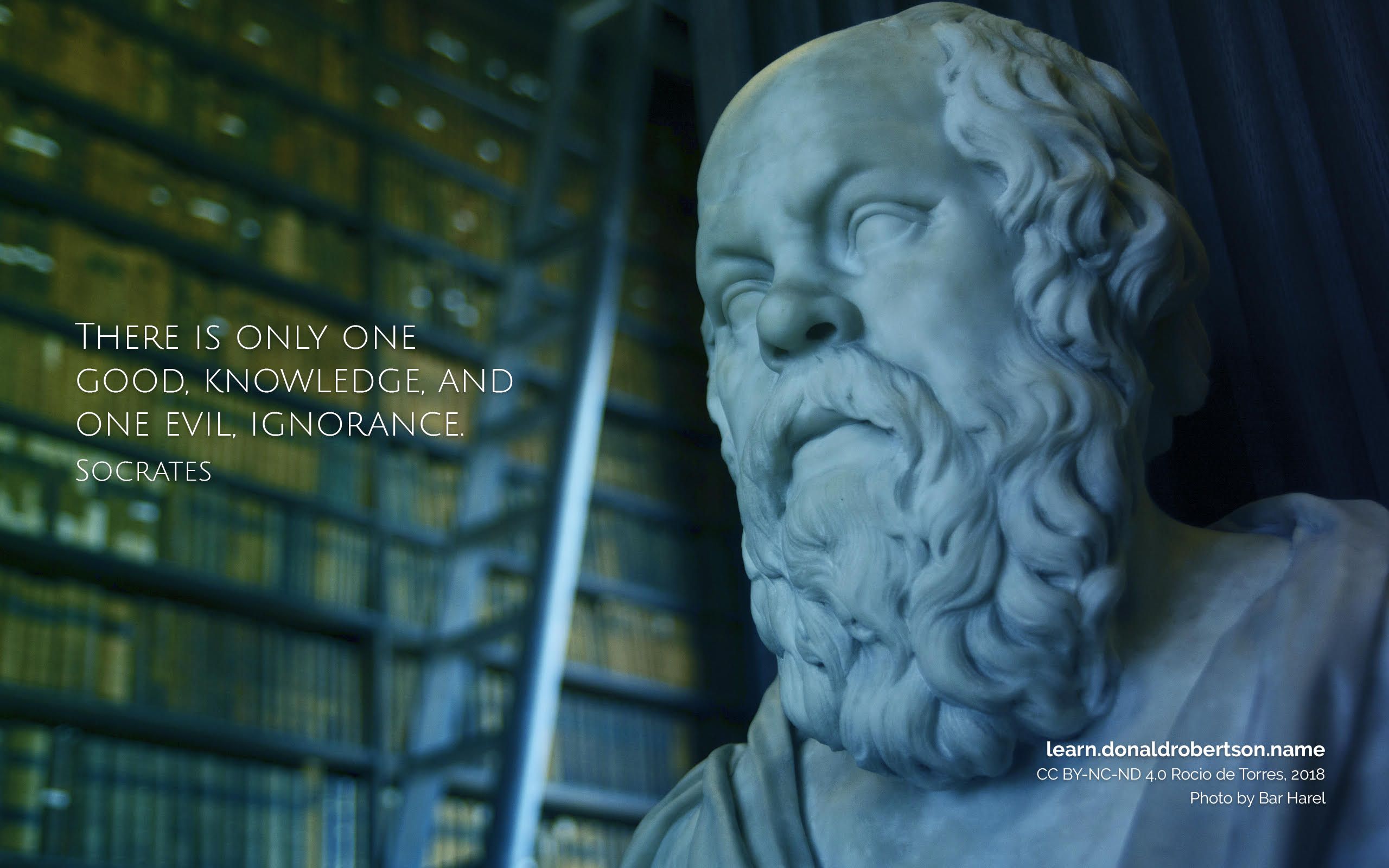Introduction

Plato, The Great Philosopher, and the writer of famous book The Republic,was born in Stagira around 427 B.C, in an aristocratic family. He was a devout pupil of Socrates. Socrates was sentenced to death by an Athenian court on the charges of manipulating the minds of the young men against the democracy. This tragic event lead to Plato’s complete disenchantment with the Athenian system of government.
He left Greece and traveled far and wide in search of a better place to embed his ideas. Fifteen years later he returned to his homeland and established the first of the great schools of philosophy,The Academia. For the last 2500 years , Academia’s influence on the philosophical thought is unparalleled. It is a pity that most of Plato’s lectures have been lost and with them,unquestionably, a considerable portion of his total contribution. However enough remains of his works to assess his influence on modern political thought.
The Republic,Statesman and Laws are the most famous works of The Great Philosopher. Plato,s most famous and original work is his Theory Of Justice. Here we will discuss the salient features of his Theory of Justice.
To read Cricket related stuff click Here.
To read Football(Soccer) related stuff click Here.
Plato’s Theory of Justice (The Republic)

In his Magnum Opus ,The Republic, Plato has elaborated his theory of justice in great depth. For this purpose,he employs his favorite literary device ,The Dialogue Form, with Socrates playing the lead role.
Dialogue with Cephalus (The Republic)
In his typical style ,Socrates elicits Cephalus’ (Cephalus is a wealthy man,who has a keen interest in religion and philosophy) view on justice. Cephalus claims that justice consists of speaking the truth and paying one’s debts. Cephalus’ son Polemarchus has the same views as his father.He asserts that justice is giving to every man his due. Socrates dissects this statement in his own genius way.
He asks Polemarchus what does he mean? Does he intends to say that justice consists in doing good to one’s friends and harm to one’s enemies. Polemarchus nods approvingly. Then Socrates proceeds to demolish this statement. Is it not true,asks Socrates, that doing harm to an enemy may make that enemy worse than he was? Polemarchus agrees to this point.
Dialogue with Thrasymachus (The Republic)
At this point Socrates takes one a more challenging foe in the shape of a radical Sophist,Thrasymachus. Thrasymachus states that justice is the interest of the stronger. In any society,those who have power use it for their own benefit. Not only rulers but all men will act alike. Thus,according to Thrasymachus,justice consists of doing good to oneself and doing injustice to everyone else.
This individualistic view is strongly criticized by Socrates. He emphasizes that individual’s interests are closely intertwined with the whole community. Individual must adopt the view that the self is the part of the whole and is affected by what happens to the whole. The just ruler always pursues the interest of all, knowing that his own welfare is inalienable from that of his people.
The just ruler does not crave for power or money. To him it is enough that through self-sacrifice he makes as a ruler he has avoided being ruled by lesser men.
Conclusion (The Theory of Justice, The Republic)
In The Republic,Plato believes that justice is an integral part of the soul,thus to define and analyze,it requires a dissection of the soul of a man. He asserts that state is the individual “writ large”. An analysis of the state will also be an analysis of human nature. Through these dialogues in The Republic, Plato reaches the conclusion that the establishment of a just state will eventually lead to a just society,where everyone will get their fair share in accordance withe their capabilities.
To read more The Republic click Here.
